Fifteen years ago, on this momentous occasion, Albania achieved a historic milestone by joining the North Atlantic Treaty Organization (NATO), marking a significant chapt ...
Close
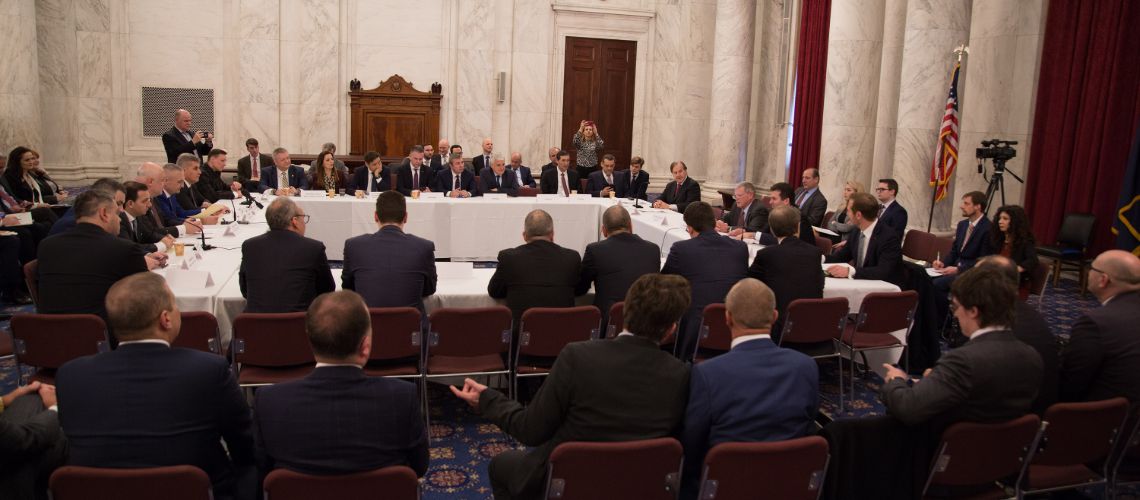
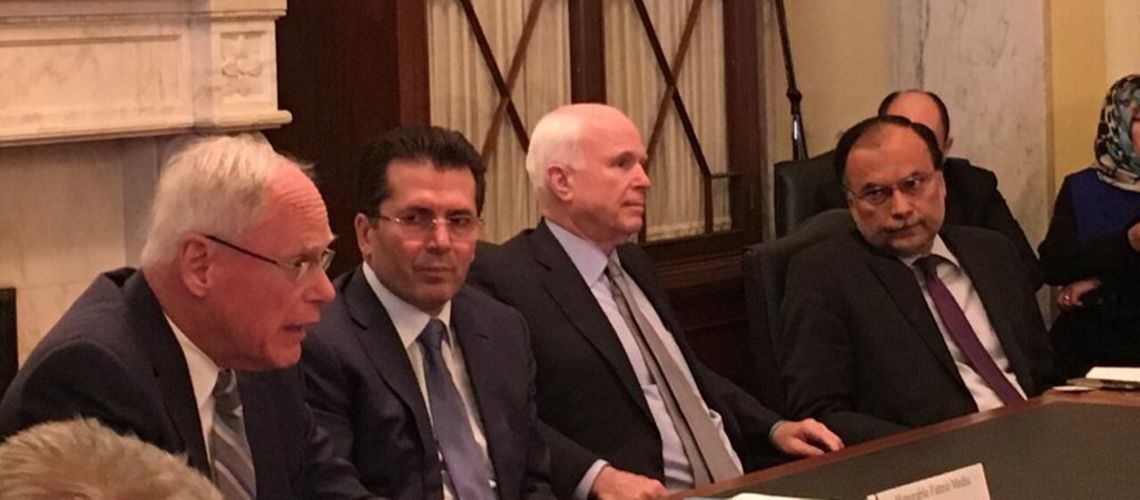
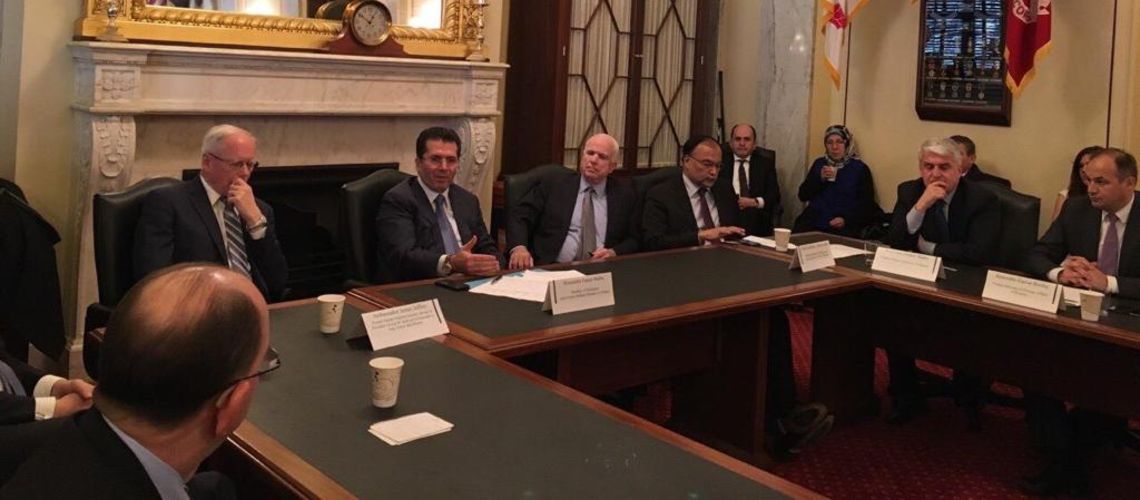
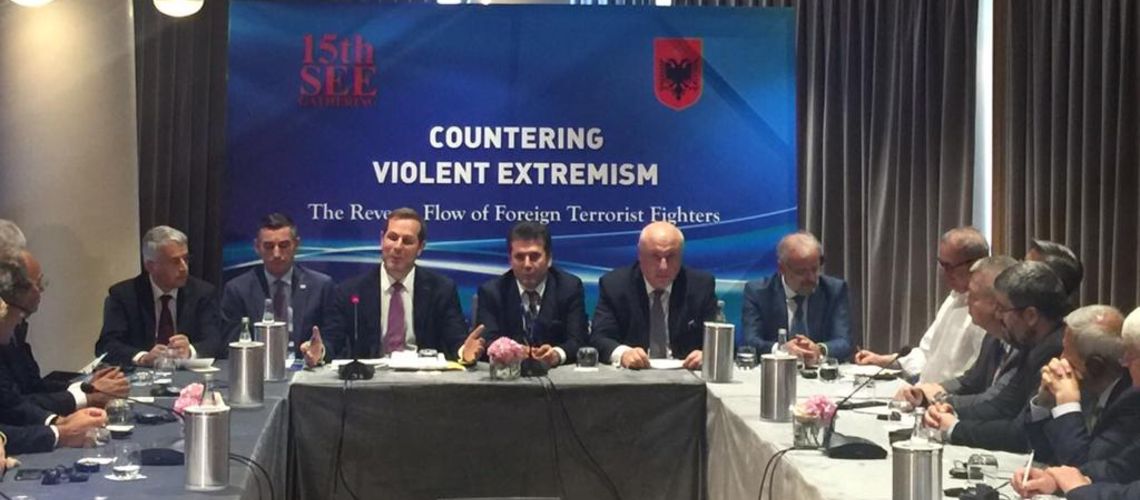
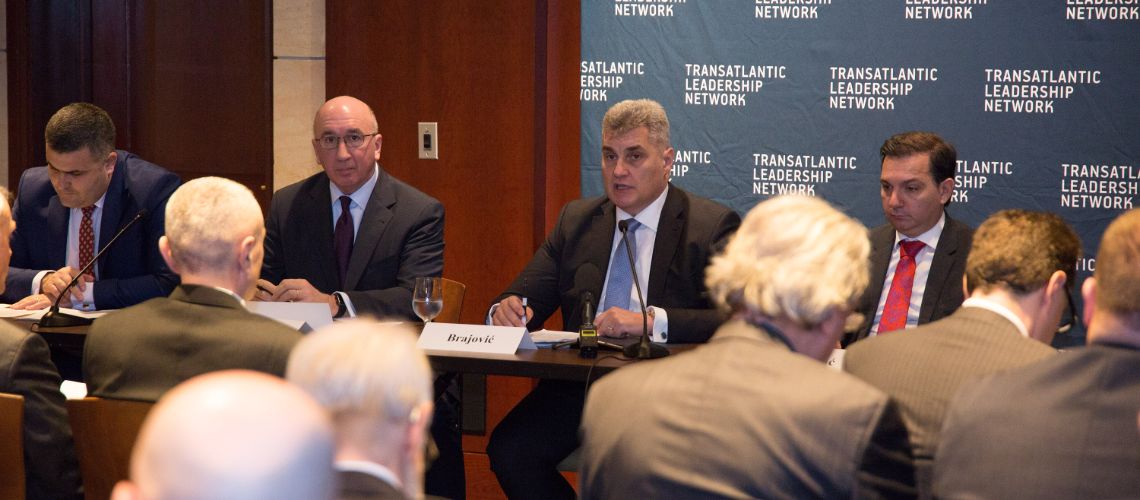

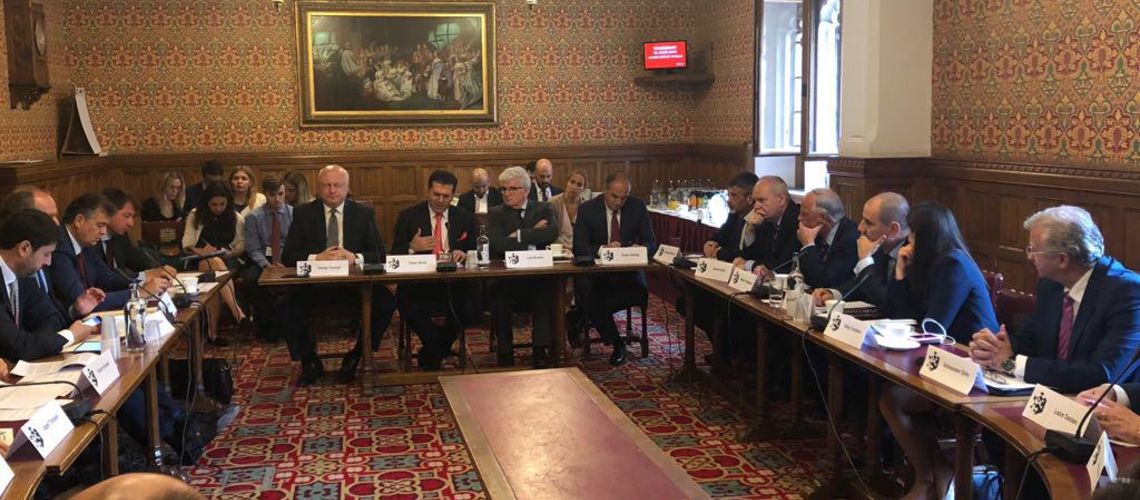
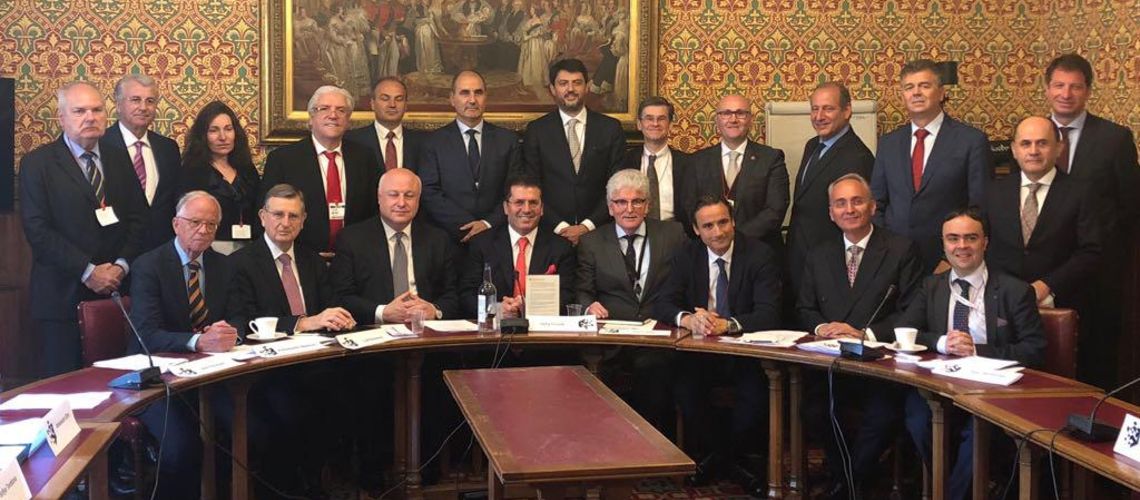
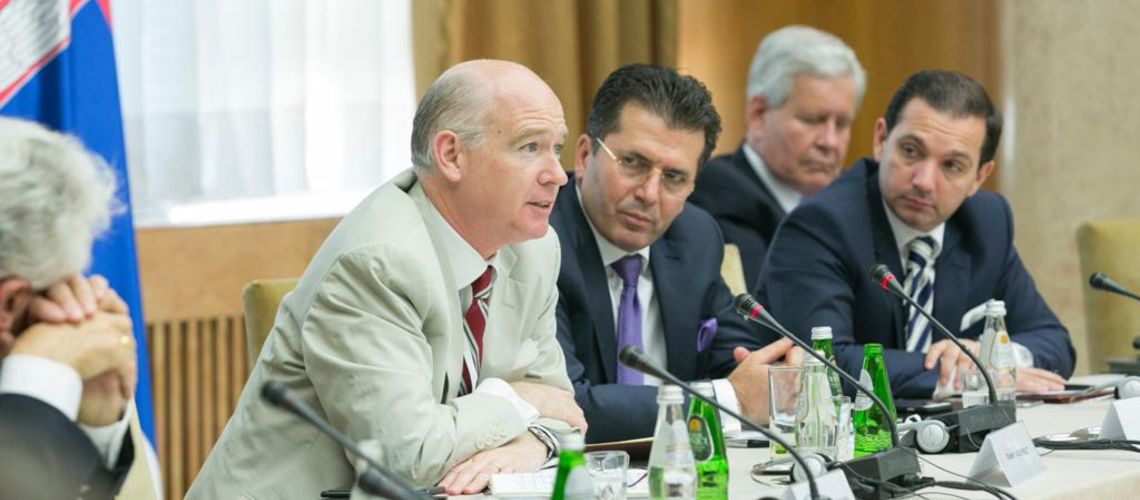
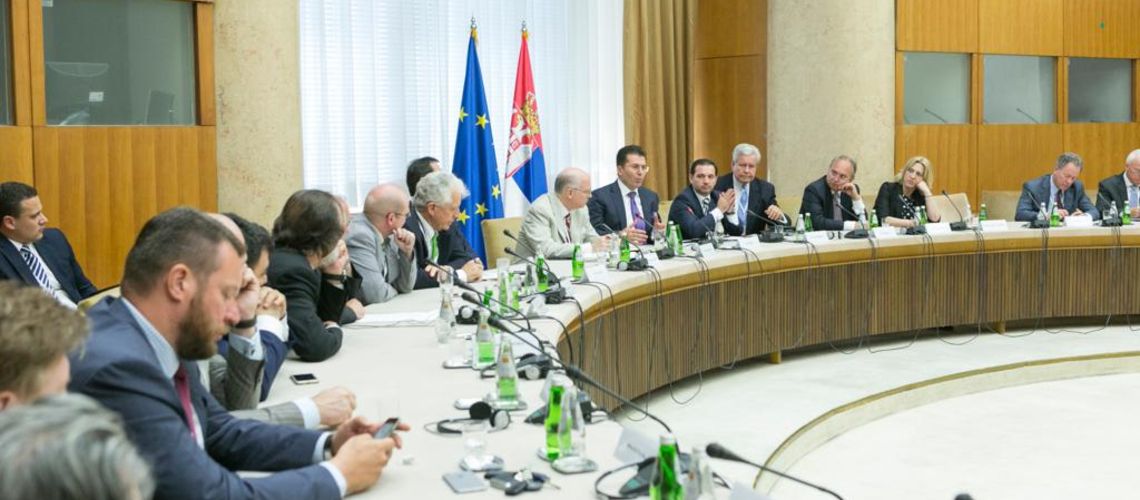
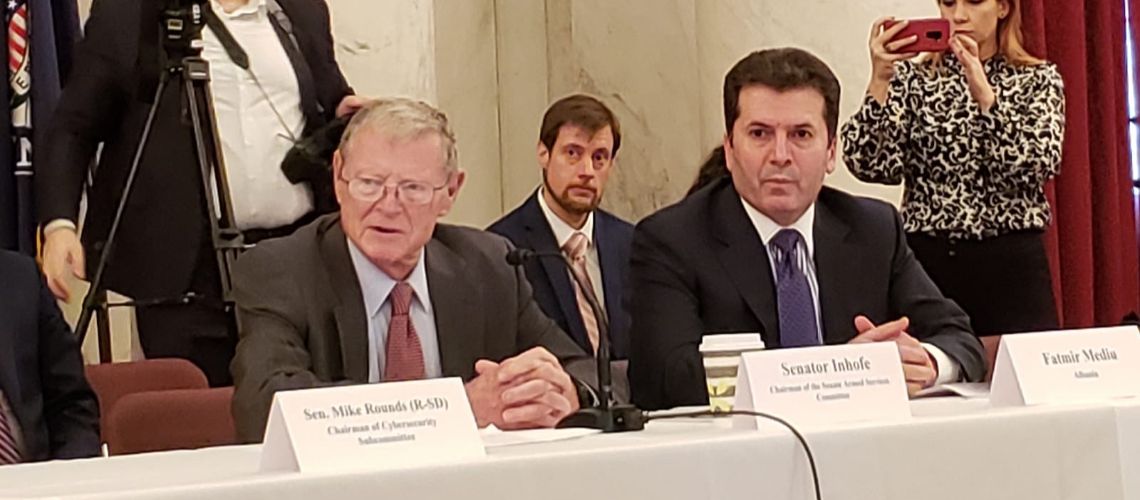

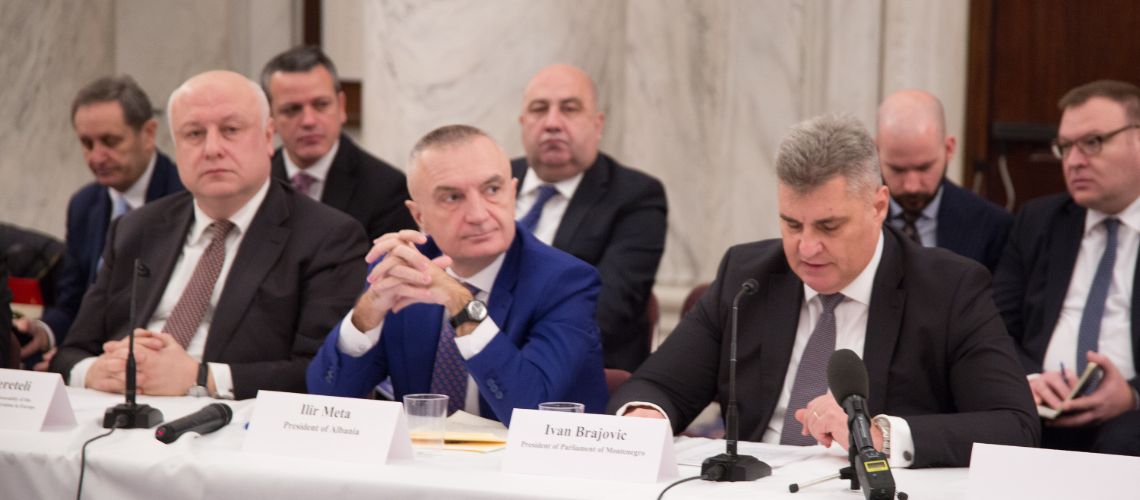
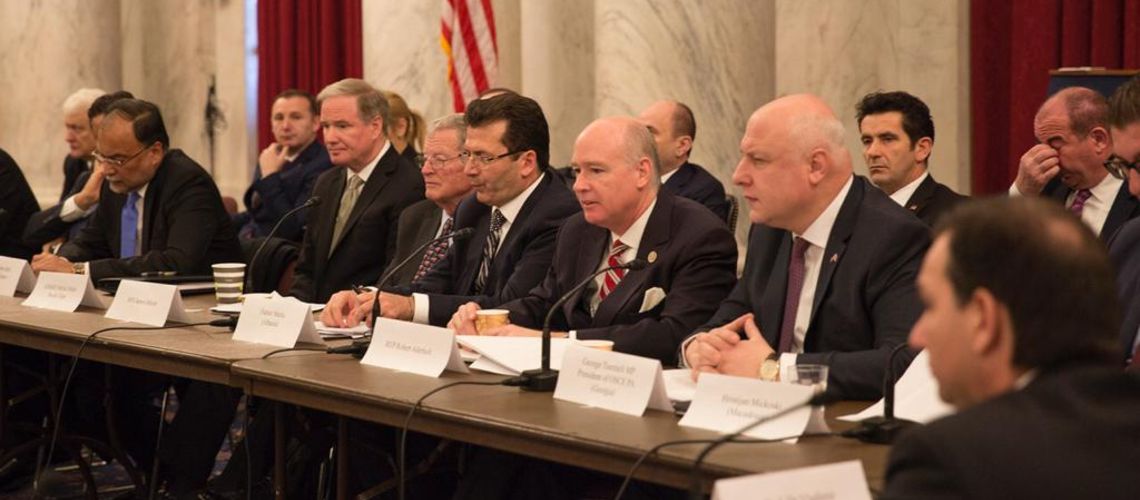
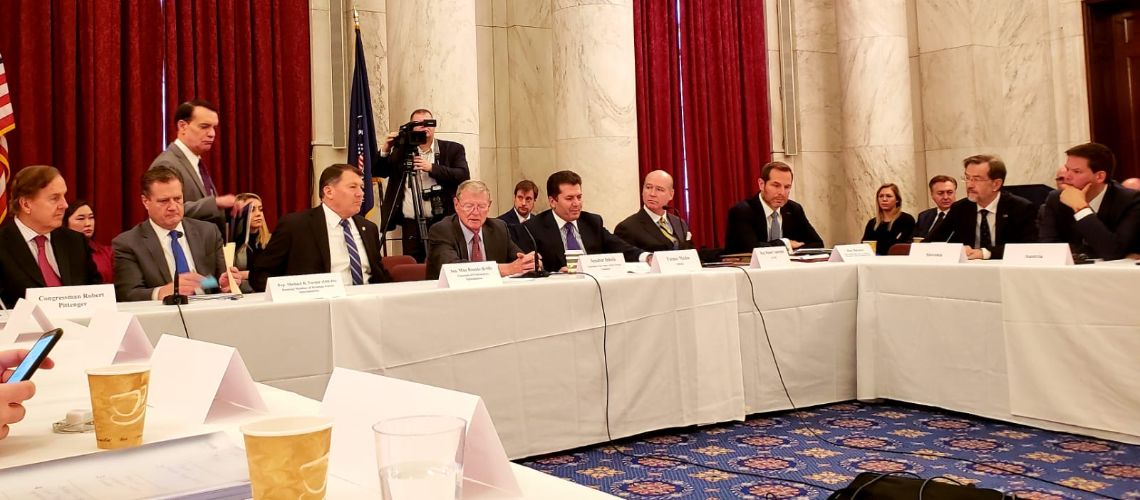
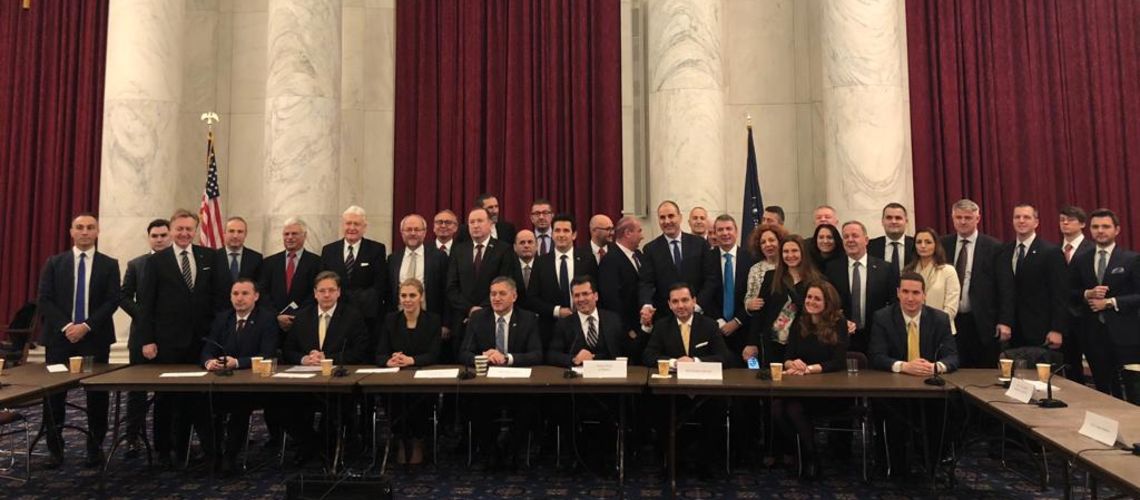
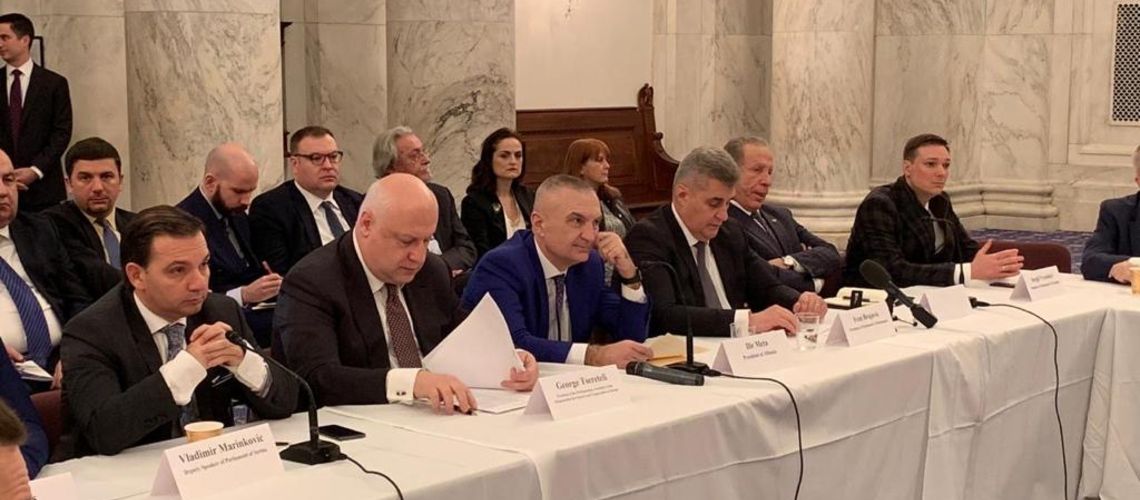
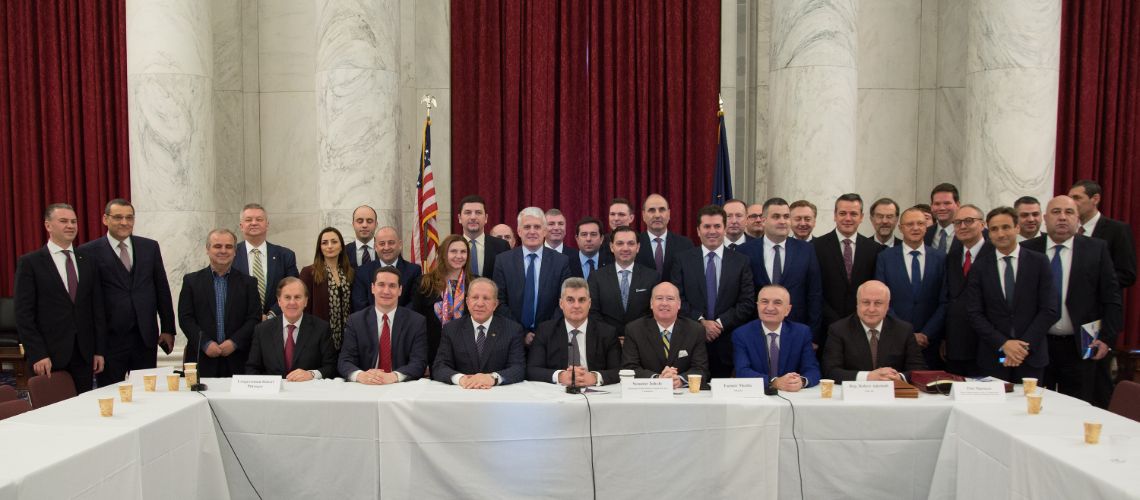
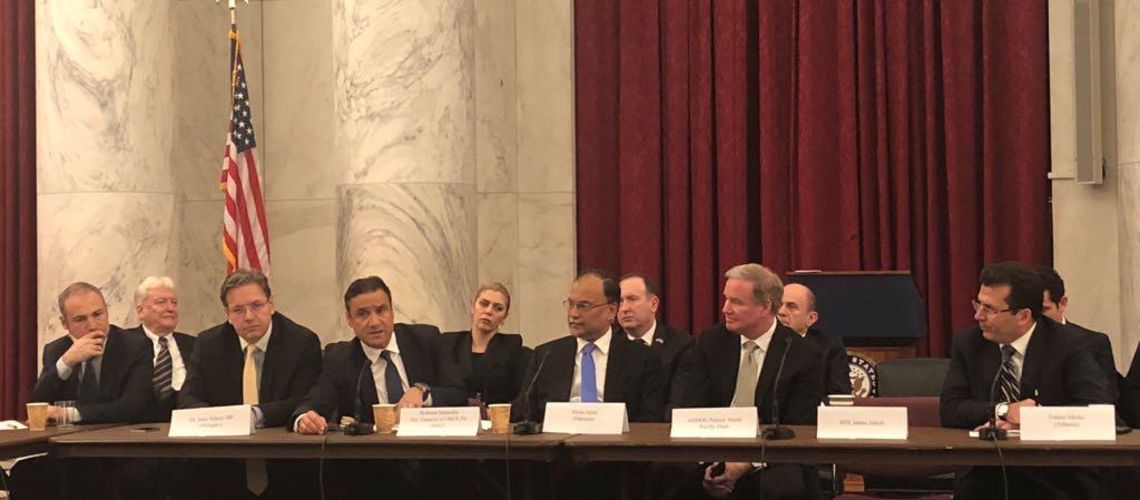
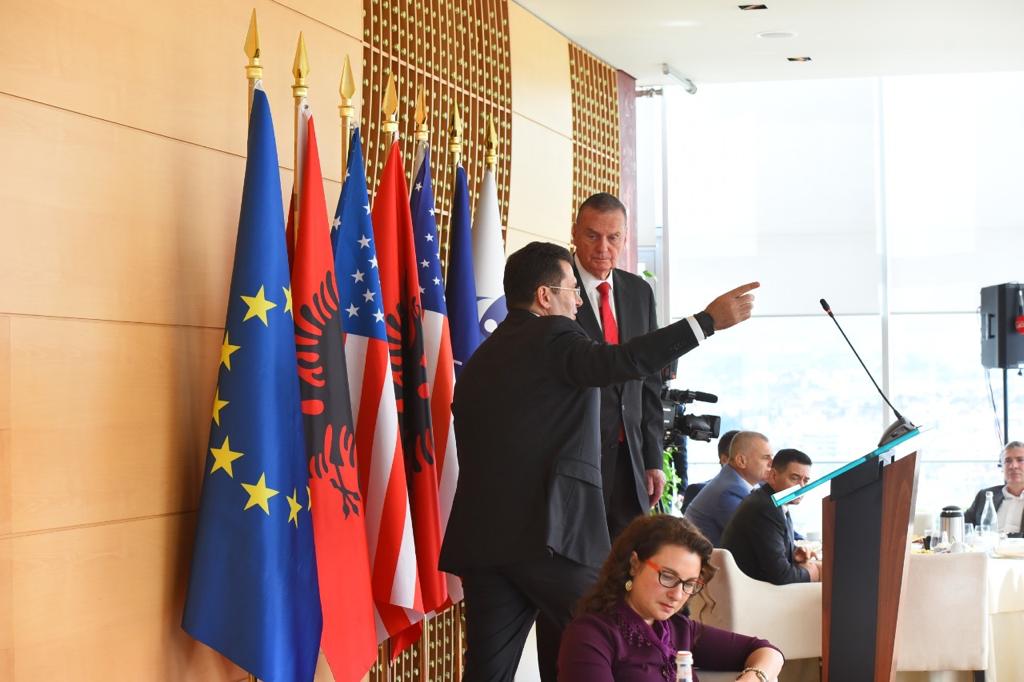
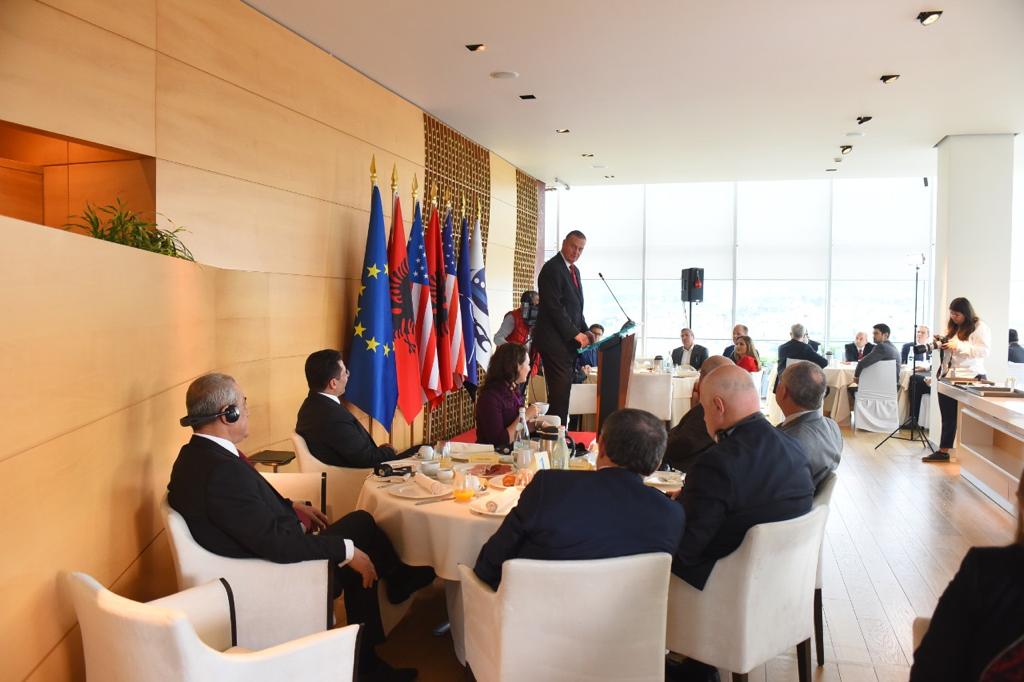
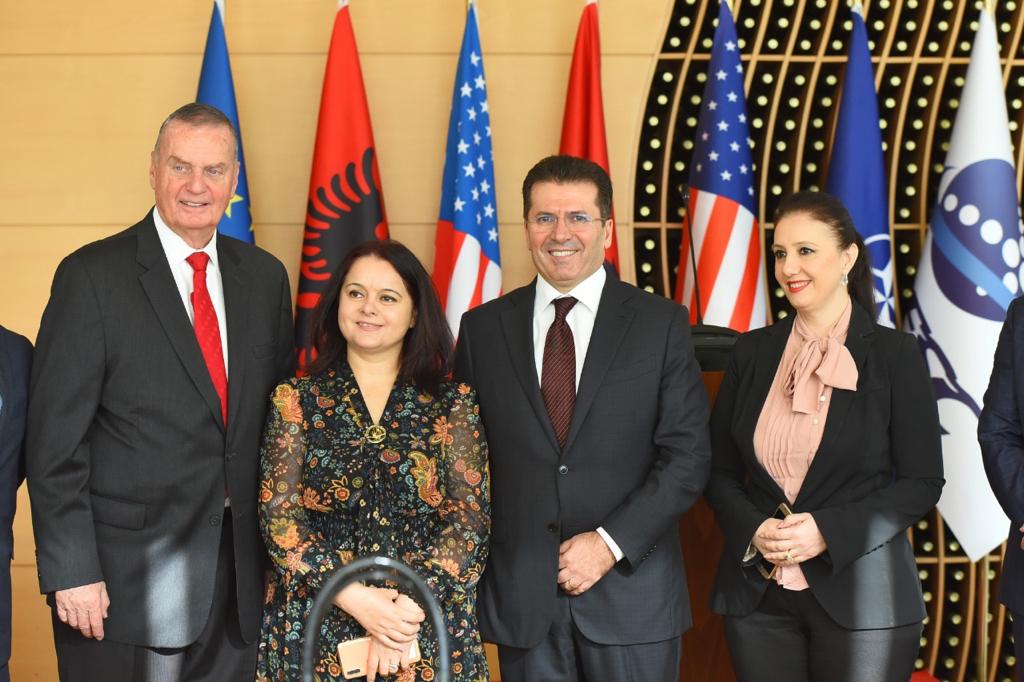
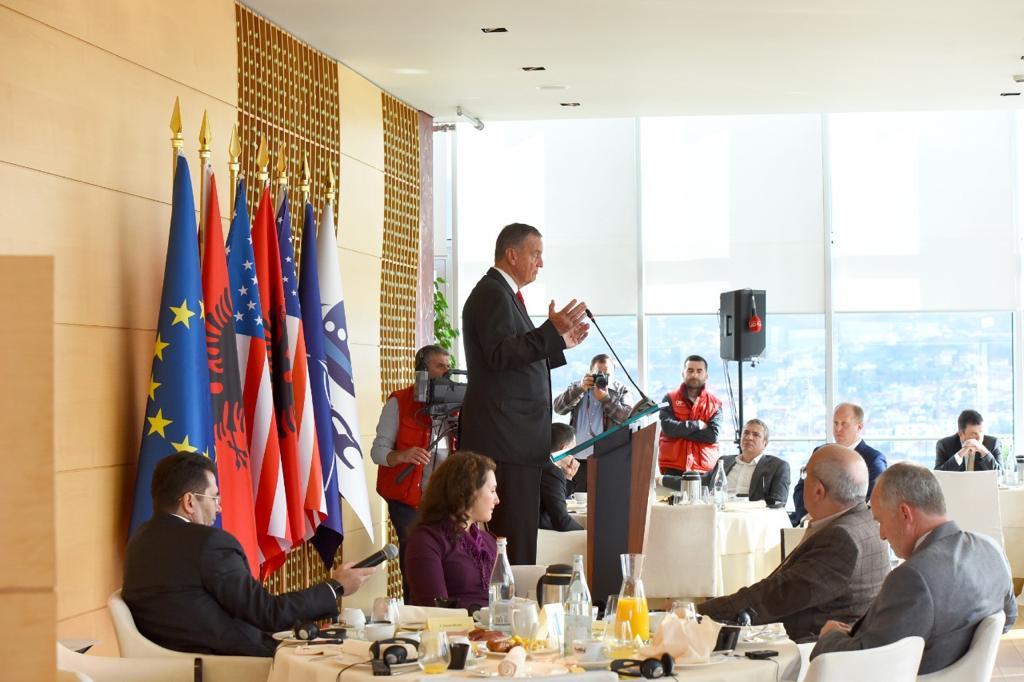
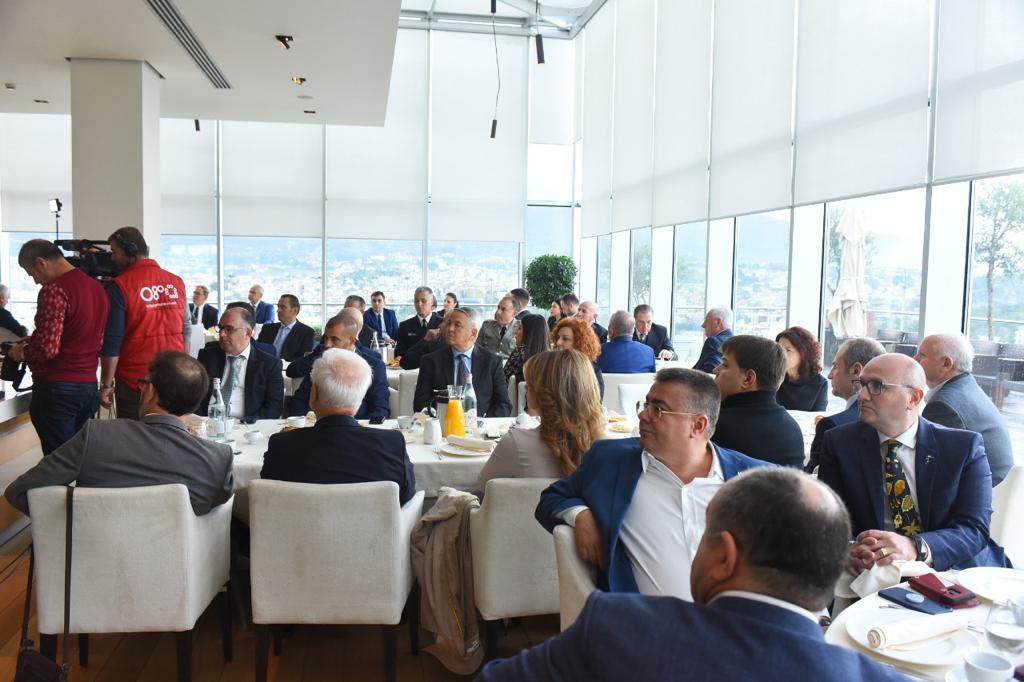
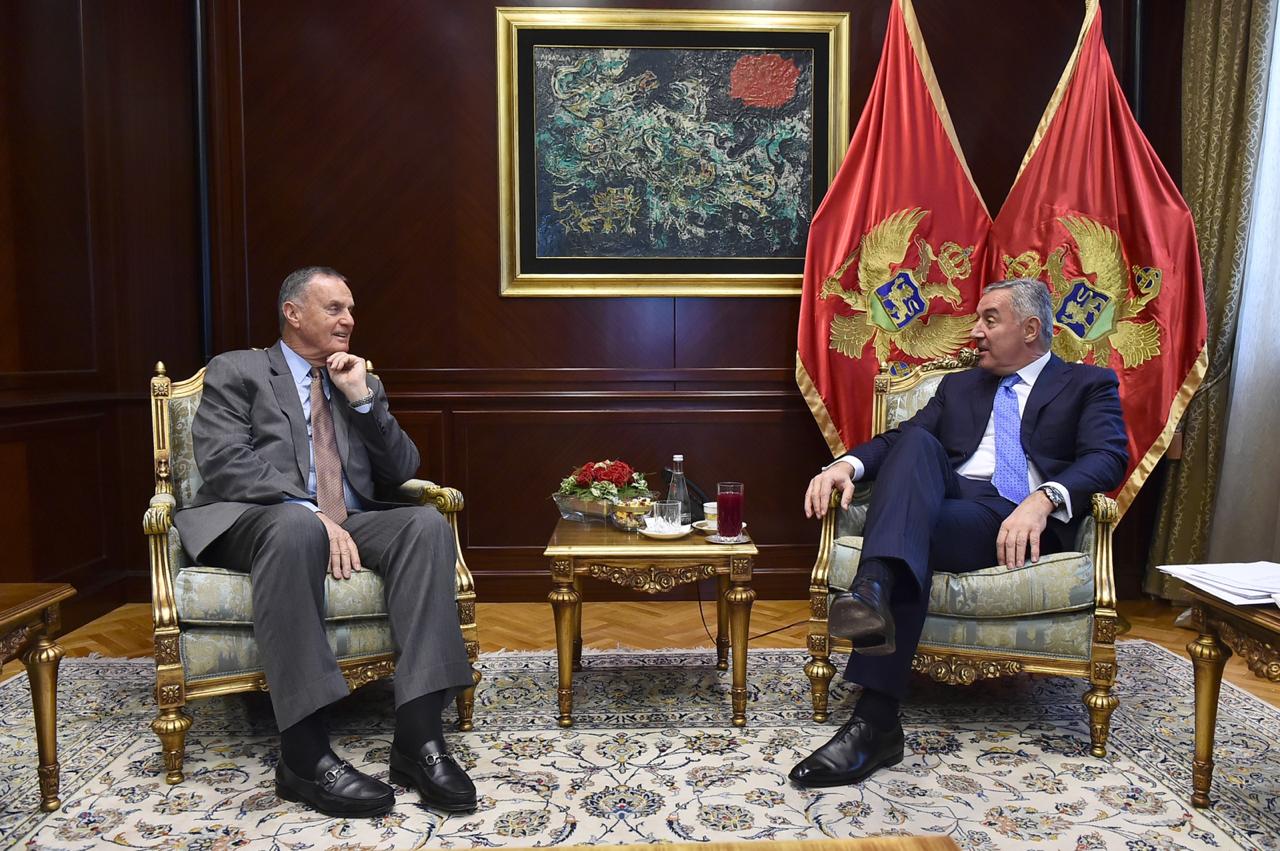
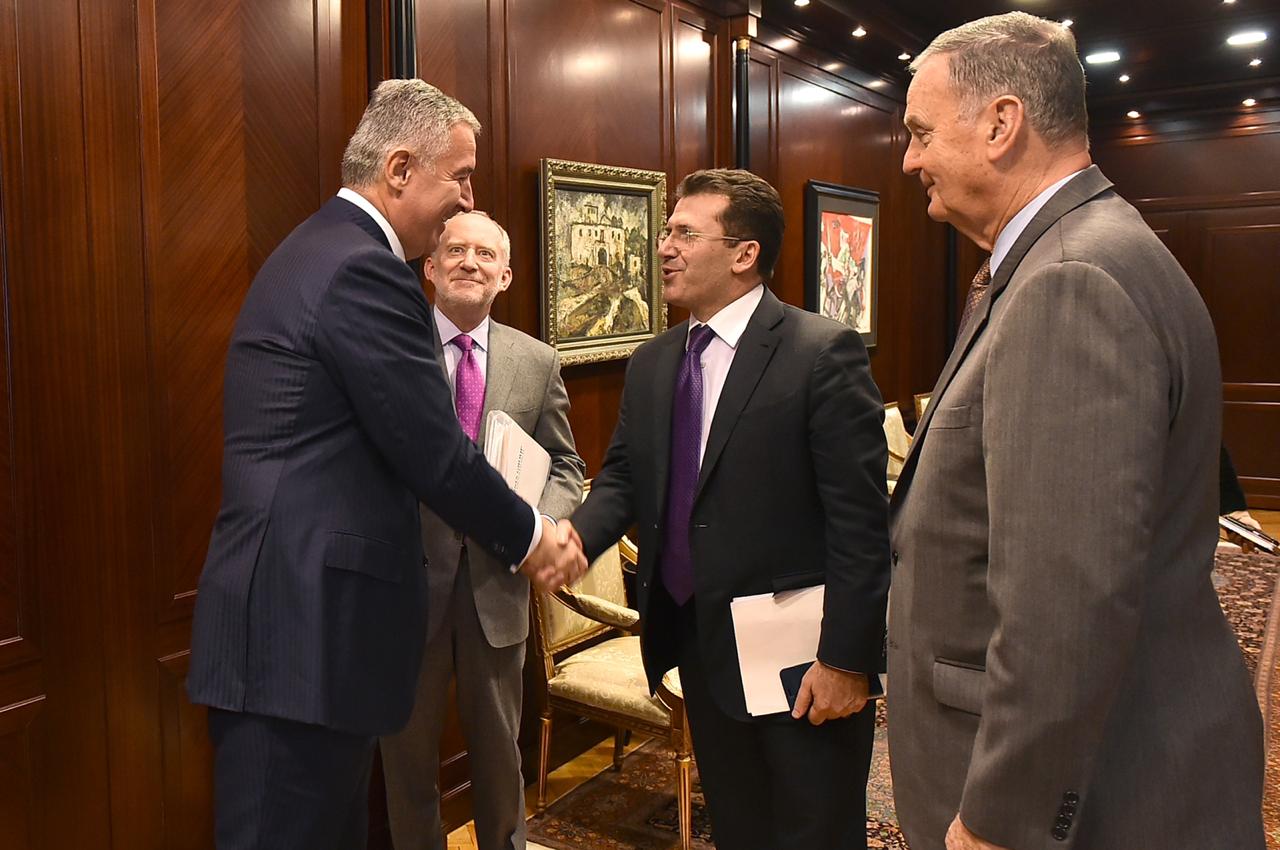


The integration of the western Balkans into the Euro-Atlantic family of democracies has long been an important
goal of the NATO alliance. I was pleased to see it come to reality during my time as SACEUR, later as national
security advisor, and now as Executive Chairman Emeritus of the Atlantic Council. It is critical that the countries
of this region integrate among themselves and with the broader European and transatlantic family through
integration to NATO, the EU, and transformational endeavors such as the Three Seas Initiative. Given the
transnational nature of the security environment, it is more important than ever that the countries of the region
coordinate and pursue shared approaches to problems. In this light, I am delighted to hear of the founding of
the Southeastern Security Center as a regional network that can brainstorm practical solutions to ongoing policy
challenges, and foster robust dialogue within the transatlantic community.
This can only help the cause of our collective values and our security.
James L Jones
Former United States Marine Corps General
Former NATO Alliance Supreme Commander
Chairman Emeritus Atlantic Council USA
22nd United States National Security Advisor
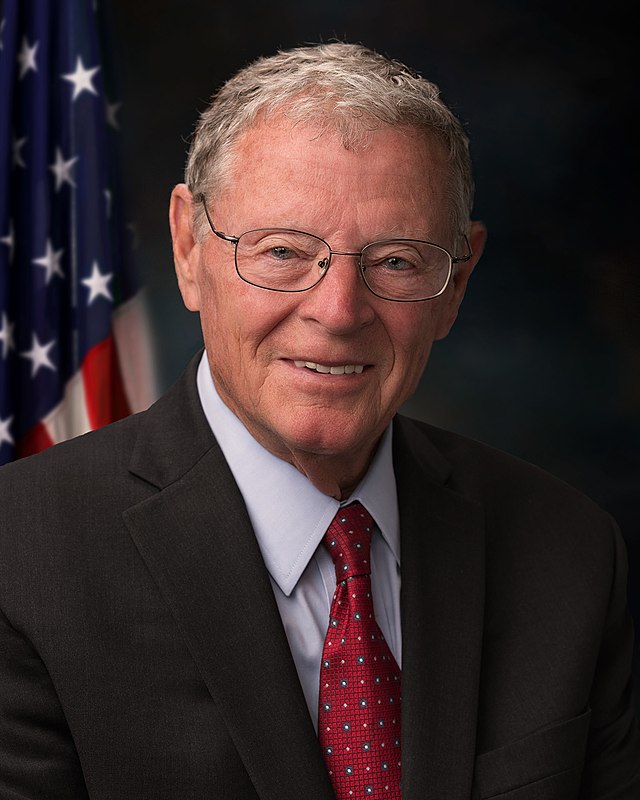
THE IMPORTANCE OF THE BALKANS TO THE SECURITY OF THE UNITED STATES
Mr. Inhofe: Mr. President, it is of the utmost importance that we recognize that the Balkan Region is critical to United States' interests in Europe due to the
implications in the region surrounding security, counterterrorism, cybersecurity, and implementation of 50. It is a strategically significant region and
a primary target of Russian malign influence. Each year I have the honor of hosting a Balkan Roundtable Security Forum with leaders from the Balkans and
Members of Congress. NATO's role in Southeastern Europe is critical for the support of our interests in the region. Integration of the Balkans into NATO,
the EU, and other partnerships with our friends in the region has long been an important goal, given the mounting threat posed by Russia's continued
behavior. In a time where our strategic competitors are seeking to expand their influence, it is critical that our friends in the Balkan Region know that
the United States is here to support them and work together to counter our common foes.
It is clearly stated in the President's National Security Strategy, the National Defense Strategy, and the National Military Strategy that Europe and the
Trans-Atlantic NATO Alliance are paramount to our national security, and this includes the integration of our allies on the Balkan Peninsula.
We have made significant strides in adapting our capabilities in many areas, including cyber, to meet the growing threats in the region, but we must
continue to work with our partners to counter the evolving threats from Russia and China and preserve a Europe that is whole, free, and at peace.
Senator James Inhofe
Chairman of USA Senate Armed Service Committe

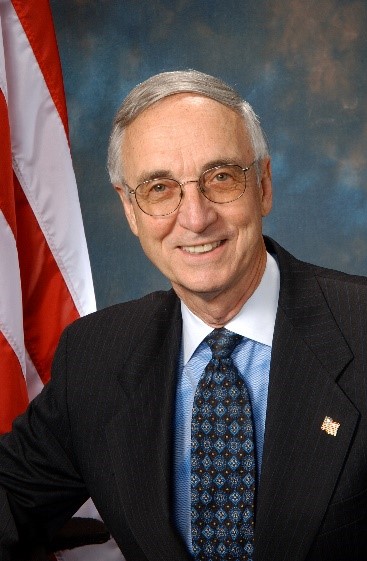
During my time in the Pentagon, as Deputy Secretary of Defense, I worked together with the Balkan Countries to
help reform their Armed Forces and to assist them in becoming NATO members.
It is vital for the security interest of the USA to strengthen the NATO alliance and to especially help SEE tackle
some of the security issues originating from other countries, like Russia and China. Recognizing that Security is
not just military, America needs to help these countries improve and secure an array of areas of their economies,
in particular Energy, Critical Infrastructure and Telecommunication. America can help these countries by working
with them to create strong cyber security systems. This will be especially critical if Chinese companies become
dominant in the EU for 5G implementation. It is my honor to join SESC to bring together the best expertise from
the USA and the EU, and to bring together all people in the region to work for peace and stability.
Gordon R. England
29th United States Deputy Secretary of Defense

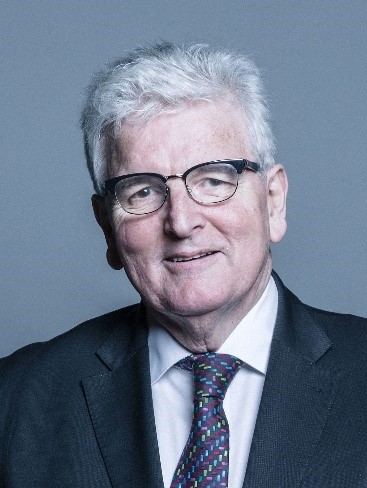
The Euro-Atlantic family has a shared interest in promoting stability and democratic reform in the western Balkans.
The consequences of its instability are evident on our streets and in our communities. In June 2018 had the
privilege of chairing a roundtable discussion among leaders from most Balkan countries, ambassadors and
representatives of the OSCE Parliamentary Assembly and UK parliamentarians in the House of Lords. Despite
different and competing views, it was possible for the participants to agree specific recommendations for improved
security, reflecting common interests and challenging common threats. This meeting’s success is an example of the
value of informed but respectful dialogue. Consequently, I am pleased to hear that those who facilitated the Lords
event have co-founded the South-Eastern Security Center, to pursue this very agenda. What particularly pleases me
is their intention to facilitate emerging leaders to have their voices heard in this regional network.
Rt. Hon. Lord Browne of Ladyton (Des Browne)
Member of the House of Lords
Former MP
Former Defense Minister of UK

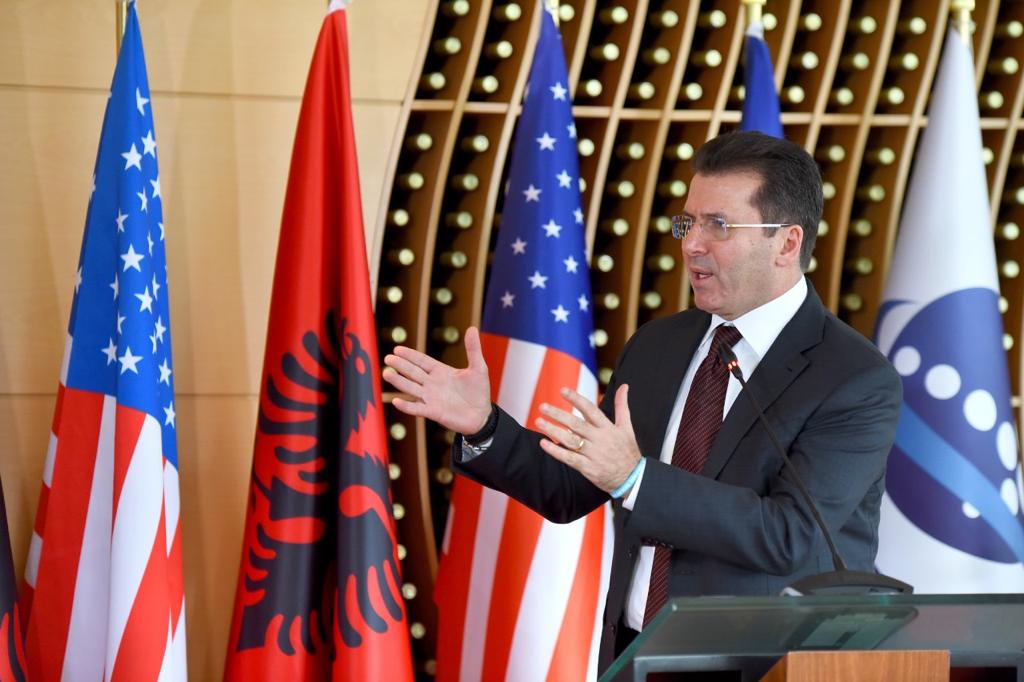
In an increasingly interdependent world, SESC work helps the region successfully deal with its internal and external security risks,
identify global trends and emerging security challenges that could impact the region’s current and future security architecture, NATO alliance,
highlighting the importance of the region’s collaboration with its allies and partners, in the region and worldwide.
Many may ask what is the added value of this network:
Firstly, the proper cooperation of the authorities that have contributed to the region for these processes, based on their experience and new challenges;
Secondly, these challenges need a much broader perspective than our region, and therefore the presence of the world-renowned and esteemed
advisory board will allow for fairer judgments and better ways to address challenges.
Thirdly, SESC seeks cooperation in the US, UK, and EU to bring institutions of these countries closer together with SEE developments and challenges
and to find ways to collaborate more effectively, in the US Congress, British Parliament, European Parliament and parliaments in the European countries,
in particular Germany, Italy, Greece, Austria and Turkey.
Fourth, also a most effective collaboration with other organizations, such as the Atlantic Councils
in the USA, ELN in the UK, Munich Security Conference in Germany, AEIS in Austria, Bosphorus Summit in Turkey etc.
Fifth: Establishing the Network of Young Leaders from SEE will help our youth collaborate with other youth around the world in recognizing and facing
the challenges of security.
Fatmir Mediu
Chairman of the Executive Board
Former Defense Minister
Former Environmental Minister


In a time of Great Power competition with Russia and China attempting to expand their influence in Southeastern
Europe, it is critical that Western institutions focus efforts to resolve longstanding disputes and bring the
countries of this troubled region closer to EU, America and the West. The Southeastern Security Center (SESC)
will bring together authorities from the United States, Europe and the Region to work together to advance
common interests in democracy, security and prosperity while exploring ways to counter corruption, bolster rule
of law, and build regional security.
Michael D Barbero
United States Army Lieutenant General
Former Director at JIEDDO

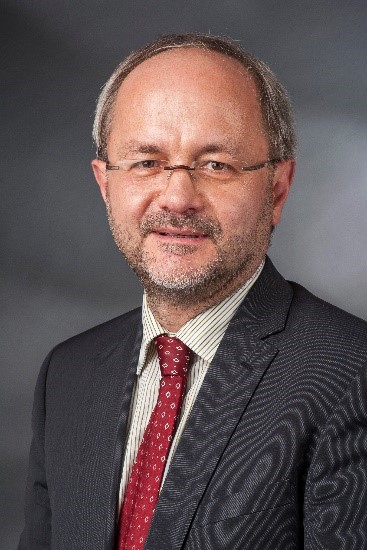
Germany has been and remains a supporter of SEE integration into the EU and NATO. Economic co-operation,
especially in those sectors closely related to security, needs a common vision and goals.
As a member of the German Bundestag I have had the pleasure of closely following the developments in the SEE
and particularly in the Western Balkans' commitment to the Berlin Process.
Meetings at the Senate Armed Service Committe in DC and meetings in the region have served as a good basis
for enhanced cooperation.
I am convinced that the SESC will serve as a think tank for strengthening regional cooperation by delivering
qualified thinking and Euro-Atlantic expertise.
Volkmar Klein
Member of German Bundenstag CDU

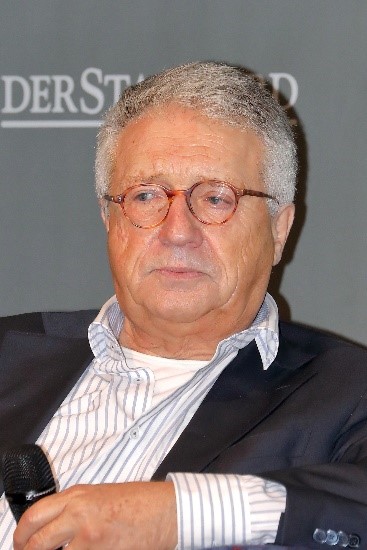
The end of the Cold War has given rise to many illusions, not the least the notion that a new Europe Whole and
Free was just around the corner. Who knows better than the states of South-Eastern Europe that the continent is
fractured – politically, economically and in terms of security? Despite considerable progress, the legacy of the
conflicts in former Yugoslavia is still not fully resolved. Persistent economic underdevelopment, unfinished states
and an essentially non-cooperative political class underpin the present state of this volatile region from which the
battered European Union is in retreat. In this deepening void, non-traditional external actors have established
themselves with a vengeance. Great power competition has reached Southeast Europe.
It is my conviction that the newly established Southeastern Security Center will make valuable contributions to
reverse this trend and foster genuine regional – and in extension European - integration.
Wolfgang Petritch
President of the Austrian Marshall Plan Foundation
Former High Representative for Bosnia & Herzegovina

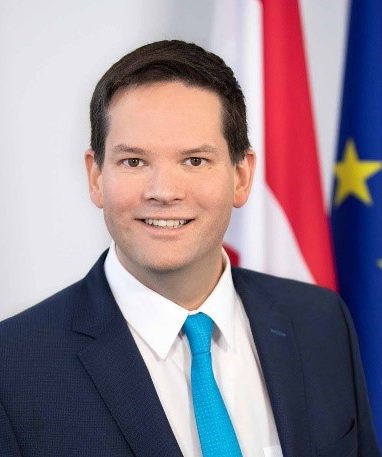
Security and stability in the SEE region is of utmost importance for the people in the region and for our entire
continent. In the first place the authorities in the six countries should strengthen their ties and support each other.
Triggering mutual skepticism is actually a security threat. It is an obligation of the European Union and all powers
of good will to contribute to everything that provides security and stability in the SEE region. That’s why I appreciate
the activities of the Senate Security Forum in this regard. A Southeastern Security Center (SESC) is a promising
project in order to gather as many activities as possible seeking understanding and a prosperous future in freedom
and peace.
Lukas Mandl
MEP Austria
Deputy Chairman of Defense Committee EU parliament

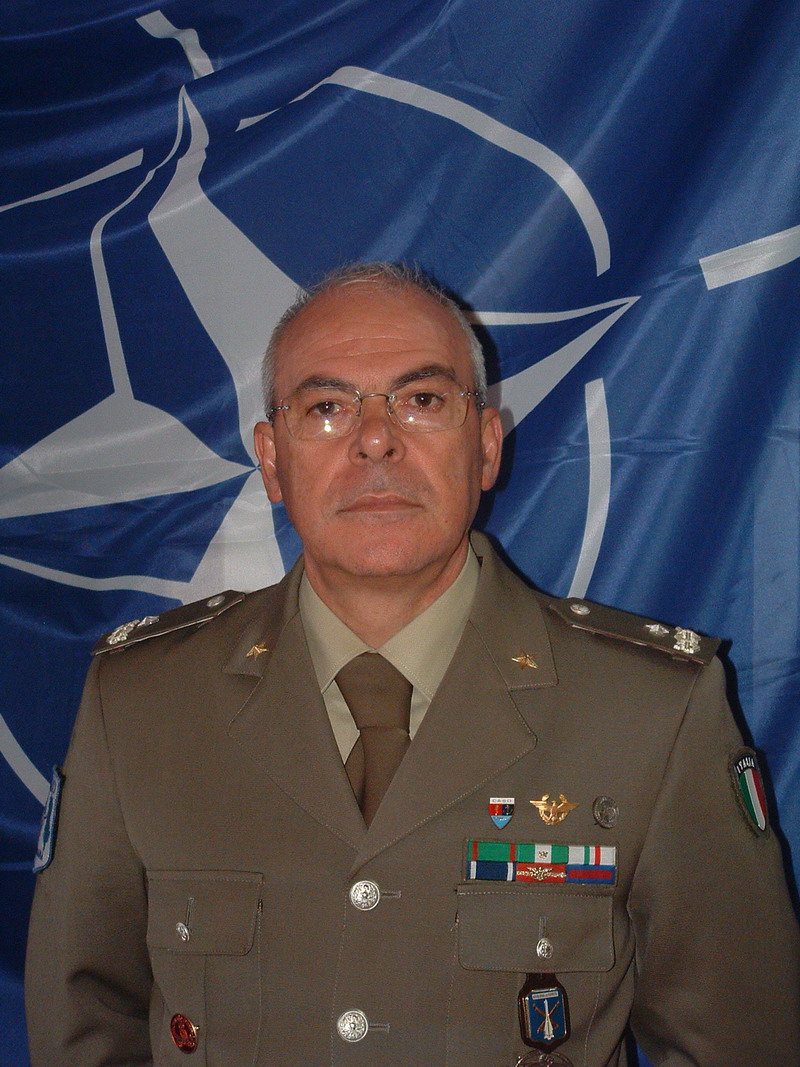
My personal experience, as Chief of the Logistic (CJ4) in Sarajevo, at the time of transformation of IFOR to SFOR,
and also as the NHQT Commander, during my period in Albania I have had the opportunity to touch the situation
in the southern Balkans Countries. Assisting the Albanian Armed Forces to reform and the Country to become
NATO member, I have experienced the situation first hand how important was the presence of NATO for their
improving, not only in the military field, but moreover in stability and democracy in its broadest sense. Balkan
security is European security. Having that in mind, it is necessary to intensify the dialogue between the parties to
achieve their integration into NATO and the European Community: the only way to counter thrusts coming from
other countries, of different interest. SESC could offer a realistic contribute to ensure a coordinate dialogue at
regional and transatlantic level to reach the final goal.
Vito Di Ventura
Major General of the Italian Army
Former NATO HQ Tirana Commander
Former Military Attaché in London

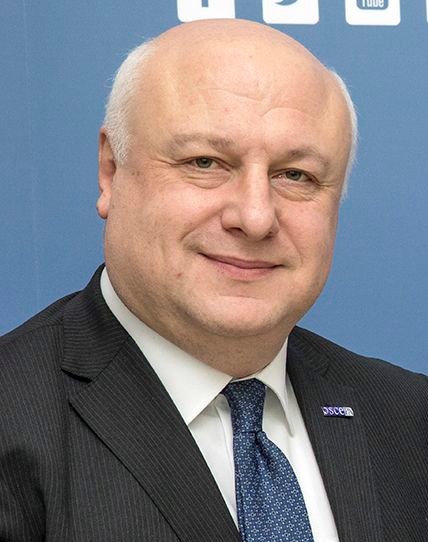
Since I have taken up my functions as President of the OSCE Parliamentary Assembly, I have participated in several
international initiatives and events focused on the Euro-Atlantic perspective of the Western Balkans. Among others,
I recall very useful debates in the British House of Lords and in the US Senate on developments in the Western
Balkans and the threats posed by a dilution of the Euro-Atlantic Perspective. I see a need to continue these
high-level discussions and believe that the Southeastern Security Centre could lend an important contribution to
ensuring a coordinated Transatlantic dialogue on policy shaping in relation to the Western Balkans.
George Tsereteli
President of OSCEPA (Georgia)

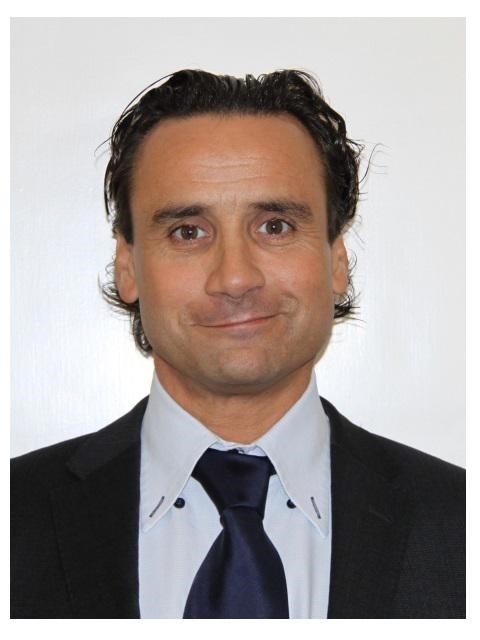
Sustainable stability and prosperity in the Western Balkans greatly depend on the traction the region secures in
relation to its foreign policy priority of Euro-Atlantic integration as well on the extent of regional cooperation.
Notwithstanding some well-known challenges along the respective accession tracks, Euro-Atlantic integration has
proven to be the strongest incentive in sustaining cornerstone reforms in the region. It is of vital importance that
all platforms which can somewhat assist the region in increasing its accession traction are fully utilized. Together
with renewed and effective EU and US engagement, this holistic approach will continue to determine the success
of the region. Having served more than a decade in the Western Balkans and having attended numerous events
on regional cooperation, I am confident that the Southeastern Security Centre can play a crucial role in promoting
regional and transatlantic dialogue on important reforms and in the best interest of the Western Balkans.
Roberto Montella
Secretary General OSCEPA
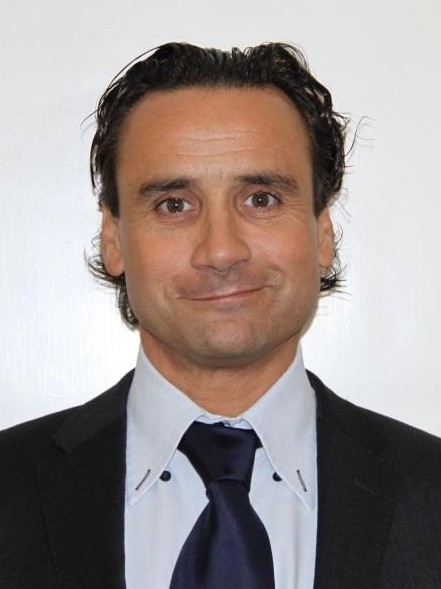
Fifteen years ago, on this momentous occasion, Albania achieved a historic milestone by joining the North Atlantic Treaty Organization (NATO), marking a significant chapt ...
Washington DC. Capitol Hill, Cannon Building, Caucus Room On January 30, Mr. Fatmir Mediu organized a pivotal Security Forum alongside Congressman Letter Sessions and Co ...
Despite its failings, the Russian military is still a powerful force. By Kathleen J. McInnis, a senior fellow in the International Security Program and the director of t ...
Key takeaways Ukraine’s fierce resistance allowed sanctions and export controls against Russia to show their effects. Financially, Russia is still survivin ...
The proposal’s structure aims to minimize price spikes but doesn’t address reduced consumption. On Wednesday, European Commission President Ursula von der Leyen pr ...
By Gissou Nia and Jomana Qaddour. For decades, the idea of holding the Russian state accountable for atrocity crimes in a court of law was unthinkable. The ...
Tim Willasey-Wilsey served for over 27 years in the British Foreign and Commonwealth Office. He is now Visiting Professor of War Studies at King's College, London. His fi ...
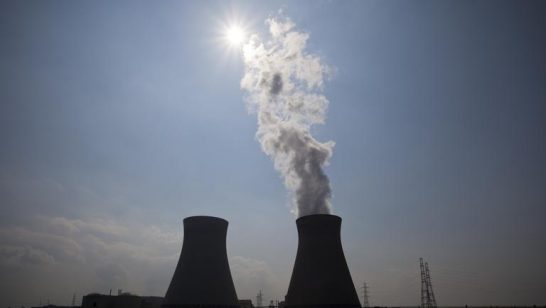
The Co-Conveners of the Euro-Atlantic Security Leadership Group (EASLG) released the following statement: Reducing and eliminating nuclear risks that could lead to cat ...
Fifteen years ago, on this momentous occasion, Albania achieved a historic milestone by joining the North Atla ...
Washington DC. Capitol Hill, Cannon Building, Caucus Room On January 30, Mr. Fatmir Mediu organized a pivotal ...
On November 10th, the Political Council and the Southeastern Europe Security Center held a Security Forum ...
Following the recent activities in the Western Balkans Geopolitics, the Southeastern Europe Security Center ...
ExportUSA New York Corp. and the Southeastern Europe Security Center (SESC), in collaboration with the ECR ...
Please Register here
Mr. David Philips, Head of the Peacebuilding and Human Rights Program at Columbia University, in ...
Organised by: Southeastern Europe Security Center/ Albanian Rule of Law Center/ & Columbia U ...
NATO Defence Ministers met today (15 April 2020) by secure video conference to decide the Alliance’s next st ...
5 March 2020 Fifty years ago today, the Treaty on the Non-Proliferation of Nuclear Weapons (NPT) ...
